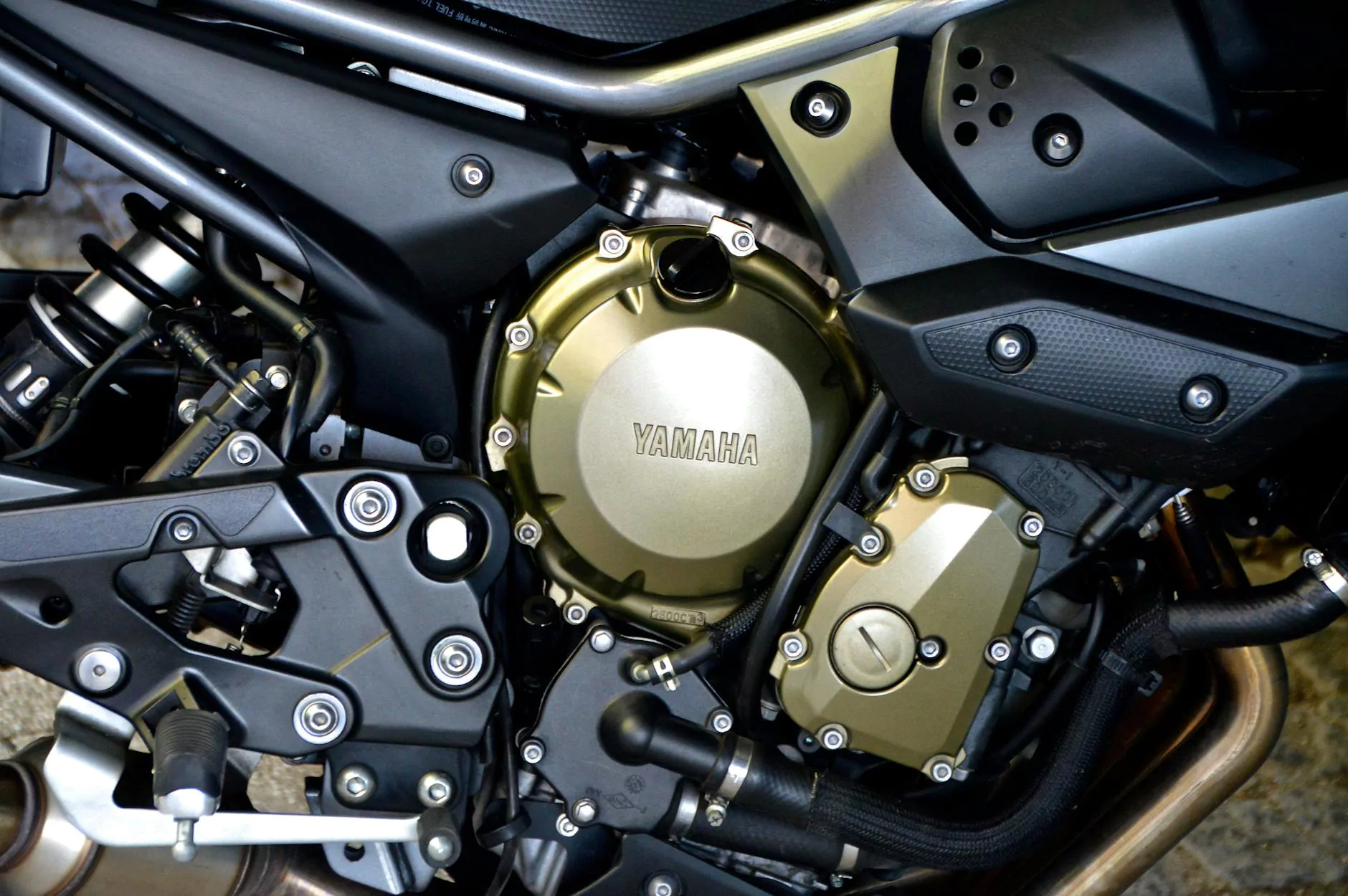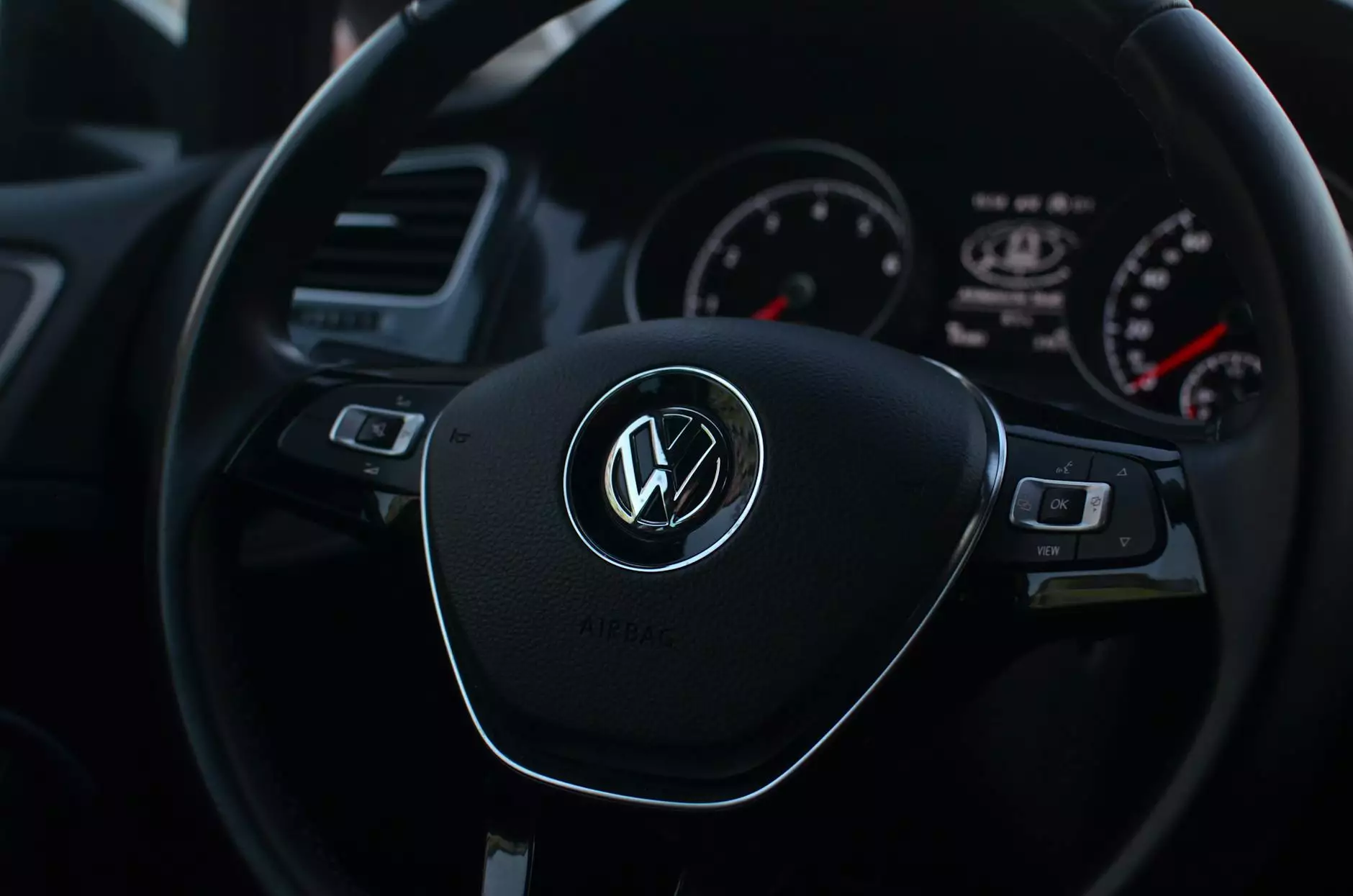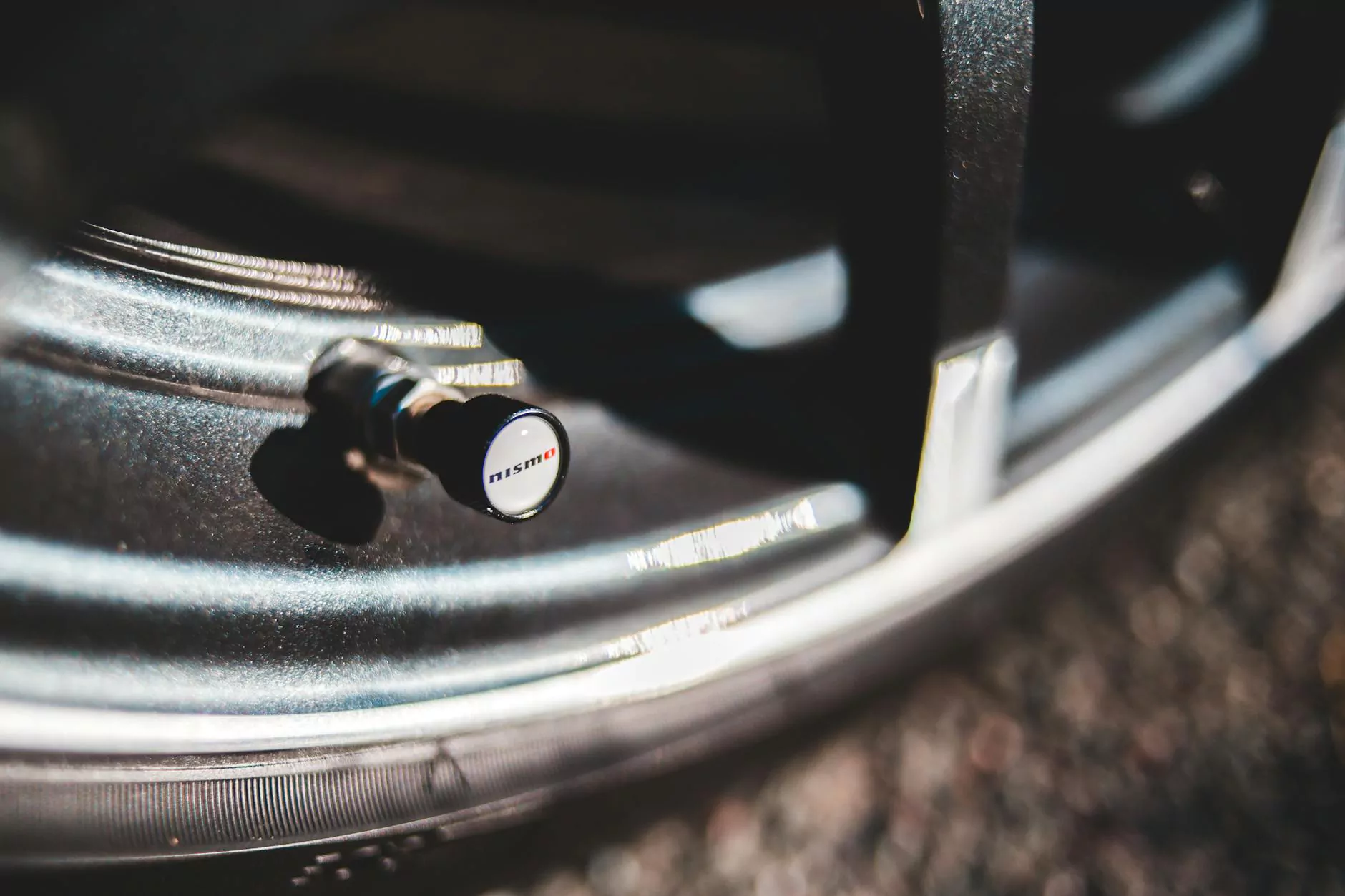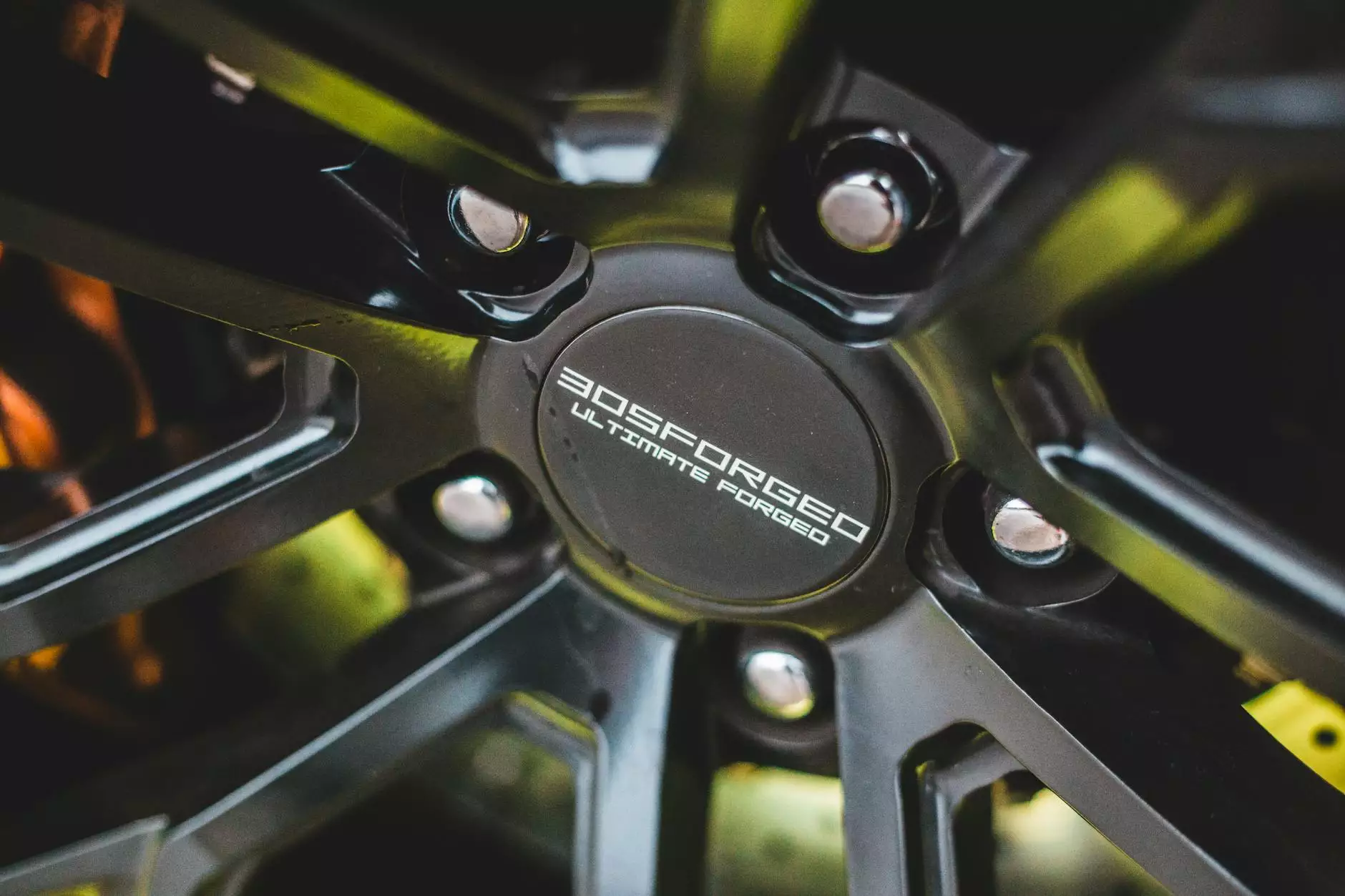Technical Guide to Alternators and Starters
Web Design
Welcome to the ultimate technical guide to alternators and starters brought to you by seostudios - your go-to experts in the business and consumer services industry, specializing in top-notch SEO services. Below, you'll find a comprehensive breakdown of alternator amperage, output current, sizes, specifications, and much more. Let's dive in!
Understanding Alternator Amperage and Output Current
When it comes to alternators, amperage refers to the amount of electrical current they can produce. The output current of an alternator is measured in amps, indicating the rate at which electricity is generated. This is a critical factor in ensuring that your vehicle's electrical system functions optimally.
How Big Is an Alternator?
The size of an alternator can vary depending on the vehicle make and model. Larger vehicles may require alternators with higher amperage outputs to meet the electrical demands of various components such as lights, air conditioning, and other accessories.
Choosing the Right Alternator
Determining how many amps an alternator should put out depends on your vehicle's power requirements. Factors such as aftermarket accessories, stereo systems, and additional electrical loads should be considered when selecting an alternator with the appropriate amperage output.
Exploring Alternator Specifications and Sizes
Alternator specifications play a crucial role in ensuring compatibility with your vehicle's electrical system. It's essential to understand the recommended amperage and voltage requirements to prevent issues such as overloading or underperforming alternators.
Car Alternator Current Output
Typical car alternator current outputs range from 60 to 180 amps, but high-performance vehicles or those with extensive electrical accessories may require alternators with even higher outputs to meet the demand.
Optimizing Alternator Performance
To ensure your alternator operates efficiently, regular maintenance and monitoring of the amperage output are recommended. This helps prevent electrical issues and ensures the longevity of your vehicle's electrical components.
Choosing the Right Alternator for Your Vehicle
When selecting an alternator, consider factors such as amperage output, compatibility with your vehicle's electrical system, and overall performance. It's essential to choose an alternator that meets or exceeds your vehicle's power requirements to prevent electrical issues and keep your vehicle running smoothly.
Understanding Alternator Power Output
The power output of an alternator is determined by the combination of voltage and amperage it produces. Higher alternator power outputs are required for vehicles with increased electrical demands or aftermarket accessories that place additional strain on the electrical system.
Conclusion
In conclusion, understanding the specifications and sizes of alternators is essential for maintaining your vehicle's electrical system's optimal performance. Factors such as amperage output, power output, and compatibility are crucial in selecting the right alternator for your vehicle. Trust seostudios to provide top-notch SEO services tailored to your business needs.









